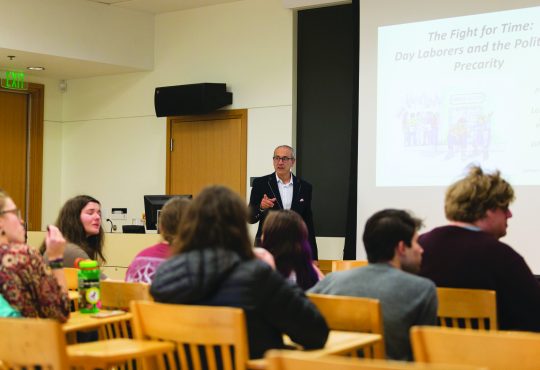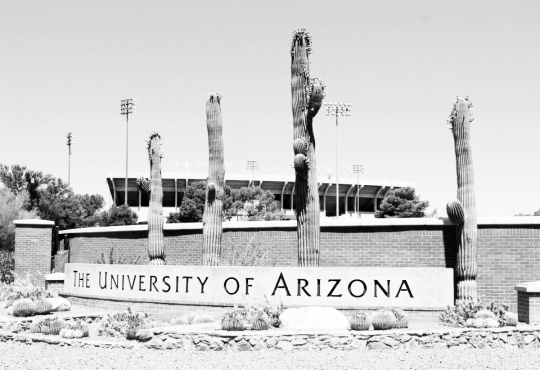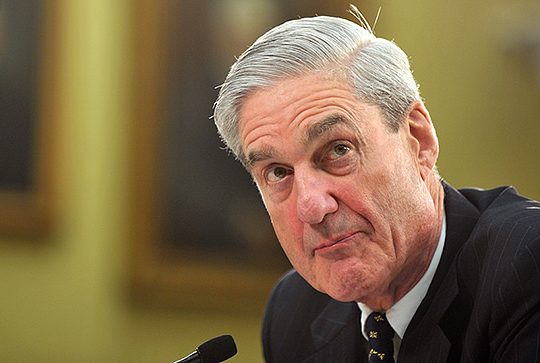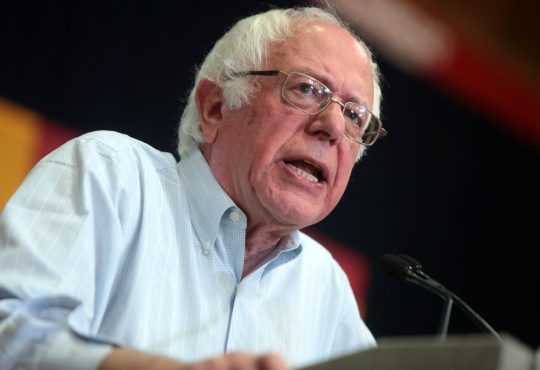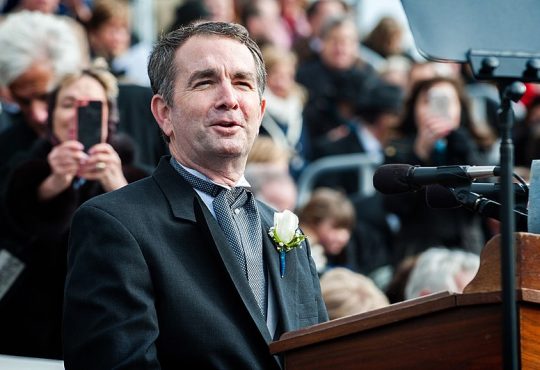In a recent interview with the BBC, British comedian Russell Brand lambasted the state of Western democracy. When interviewer Jeremy Paxman criticized Brand for his decision not to vote in elections, Brand said, “It’s not that I’m not voting out of apathy. I’m not voting out of absolute indifference and weariness and exhaustion from the lies, treachery, deceit of the political class that has been going on for generations now and which has now reached fever pitch where you have a disenfranchised, disillusioned, despondent underclass that are not being represented by that political system, so voting for it is tacit complicity with that system and that’s not something I’m offering up.” The interview quickly went viral, and currently sits above nine million views on YouTube.
Brand’s reaction may seem childish to some, and he was criticized by many news sources. His fellow comedian Robert Webb (a graduate of Cambridge University) wrote an opinion piece for the British political magazine New Statesman criticizing Brand’s opinion that people should not vote.
“There’s a lot that people interested in shaping their society can do in between elections—you describe yourself as an activist, among other things—but election day is when we really are the masters. We give them another chance or we tell them to get another job,” Webb said.
Arguments between British comedians may seem alien to an American audience, but Brand’s speech touched on a number of topics that are relevant to American politics, specifically the extreme wealth disparity in our country and the futility of the two-party system.
Income disparity is not a new issue in America. According to the CIA World Factbook, the U.S. rates a 4.5 on the Gini scale, which measures a country’s income distribution on a scale of 0.0 (most equal) to 5.0 (least equal). This put us in the same range as countries such as Rwanda, Ecuador and Mexico, none of which are shining examples of prosperity.
In a democracy, income does not merely reflect one’s ability to purchase goods. It also determines the influence one has in politics. Elections are an expensive enterprise: the New York Times reported the total money spent by the Democratic and Republican parties in the 2012 presidential race as $985.7 million and $992 million, respectively. Given the high cost of campaigning, wealthy contributors such as the left-leaning George Soros and the conservative Koch family are key sponsors of U.S. politicians nationwide.
The Kochs (brothers George and David) are well-known for their contributions to Libertarian causes in U.S. politics. In a 2010 article for the New Yorker, Jane Mayer reported that “Tax records indicate that in 2008 the three main Koch family foundations gave money to 34 political and policy organizations, three of which they founded, and several of which they direct,” and added, “since 1998 Koch Industries has spent more than $50 million on lobbying. Separately, the company’s political-action committee, Kochpac, has donated some $8 million to political campaigns, more than 80 percent of it to Republicans.”
The Kochs’ political machine even reaches into local politics. This year in Coralville, Iowa, a small town in the eastern reaches of the state, the group Americans for Prosperity (AFP), a national organization backed by the Koch brothers, launched an aggressive marketing campaign, using billboards, leaflets and other means of spreading their message that the town of Coralville needed to elect leaders who would reduce government spending.
AFP’s campaign in Coralville failed, as voters in the town elected City Council member John Lundell as mayor despite AFP, as the Associated Press reports, placing the blame for the town’s debt at his feet. Nevertheless, the idea that a corporate entity would extend its reach to even remote towns like Coralville is disturbing.
Brand’s anger towards the established political system is understandable. However, perhaps we are not so far gone that we need, as he puts it in the BBC interview, “a revolution.” The citizens of Coralville, Iowa were able to stand up to corporate influence in their elections. For as much cynicism as gets peddled around in political discourse these days, perhaps change is possible, if only people become active.
Brand is not the first to suggest that voting is futile. The two-party system that dominates U.S. politics has been the subject of criticism satire for years now. The Democratic and Republican parties have dominated politics in America for over a century, and so it is no surprise that the status quo seems unbreakable. It has been a long time since a third party has had the political and financial power to challenge the dominant parties. In this age of social media, however, organization has never been easier.
One no longer needs millions in political donations to get a message out. Brand said in his interview that he anticipates a revolution in the coming years. Perhaps there will be one, but not in a violent sense.
Through the Internet and other modern means of communication, we may (and hopefully will) see the rise of one or even many political movements that can break into national politics.

